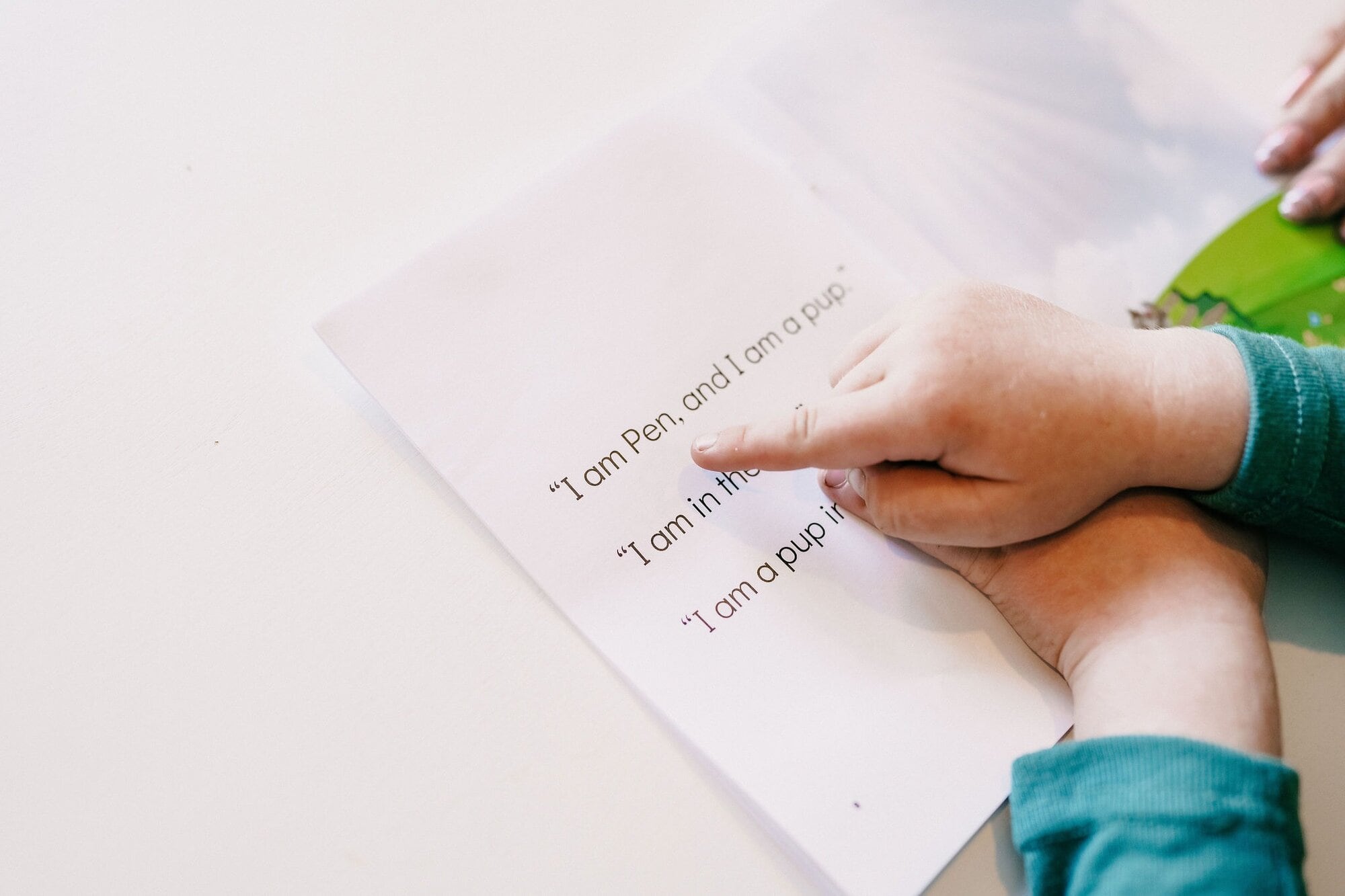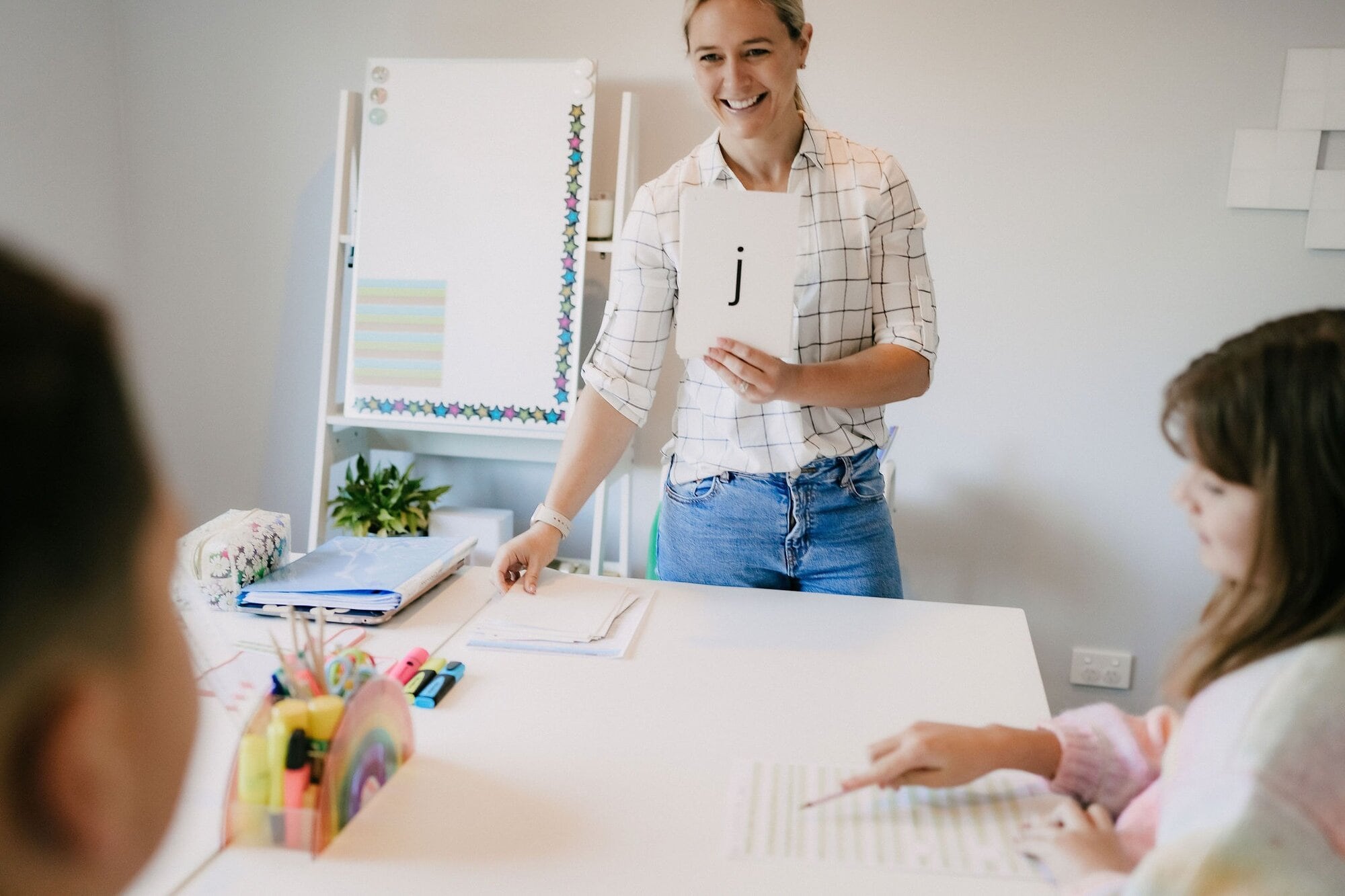A Pāpāmoa woman who started her own intervention education support service in Tauranga wants parents to know that one-on-one tailored help is available for children with learning difficulties – whether they’ve been diagnosed or not. And that this support differs widely from normal tutoring.
Dani Archer opened The Study Nook in January 2024 after she’d introduced structured literacy at a local primary school, and “fell in love with it”.
“I saw how much of an impact it could have on struggling learners, particularly those with diagnosed needs, so I decided to study intervention-level education and work with students one-on-one.”
She and her team work with children from Year 1 to Year 7 who Archer describes as “neuro-spicy” and “neuro-sparkly” learners who often struggle to find their place in traditional educational settings.
Real misunderstanding
Archer said there is a “real misunderstanding out there about the difference between tutoring and specialist intervention”, and parents need to know what the latter is so they can gain access to help if their child requires more than just normal tutoring.
“Tutoring is getting that extra support for English, maths, science, languages or whatever is being studied at school,” said Archer.
“Whereas intervention level support is almost like a specialist doctor’s appointment. These students generally will have some kind of diagnosed learning need, or there is evidence that it is not yet diagnosed.
One-on-one needed
“And yes, their learning needs will be targeted within a whole-school approach, and they’re often pulled out for small group learning in the school – but they also need that one-on-one, tailored, specialist intervention.”
Archer said the students she works with could be neurodiverse. “They could have dyslexia, ADHD, dysgraphia, ASD, as a few examples”, and be referred by an educational psychologist’s report – but they could also be referred undiagnosed by the child’s school teacher, or via parents’ inkling.
“If the child is not yet diagnosed, the parents often know something is not quite lining up, so they might reach out and say: ‘We think this may be going on – and we’re seeing this and this ... and we’re not sure’.”

Dani Archer wants parents to know that one-on-one tailored help is available for children with learning difficulties – whether they’ve been diagnosed or not. Photo / Supplied
This means The Study Nook can work with a student for six months to get a full picture of their needs before determining if they require further assistance. “If they’re not progressing as expected by then, we assess whether we need to seek an educational report to find out if there is something else impacting learning.”
Same page
The Study Nook educators often go to the child’s school to facilitate regular sessions “because they’re exhausted by after-school time”, Archer said. “We pick them up from class, have a session, and afterwards send notes to the parents and teacher, so everybody is on the same page.”
Techniques used to help neuro-spicy children and undiagnosed struggling learners are very dependent on the child in question, said Archer.
“One thing we do is try to reduce the cognitive load ... Writing has a high cognitive load, so we do a lot of front-loading so by the time we get to writing it’s that little bit easier.”
Gradual release is another technique. “This is done via: ‘I do, we do, you do’. This works by me doing it first, then we do it together, then the student does it by themselves, so they get that feeling of success because they’re doing it by themselves.”
Another skill is using explicit instructions, Archer said. “The word ‘remember?’ prompts recall – the more we can get them to recall what they’ve done, the more likely we can get learning locked into their long-term memory.”

Dani Archer opened The Study Nook in January 2024 after she’d introduced structured literacy at a local primary school, and “fell in love with it”. Photo / Supplied
Archer said it is much more beneficial – and affordable – to receive early intervention than to leave it until later. “When children are younger, their brain plasticity means we can see progress faster.”
If Archer has an older student, she’ll assess and then often start supporting by helping them with the earlier years of the maths curriculum, “because they don’t have that foundation and there’s no way they can learn the Year 7 level of work yet”.
“For literacy, sometimes the issue is back at sound level, which is not yet secure, so we need to start there before we can progress them forward.”
Year 4s
The Study Nook predominantly works with Year 4 students. “This is where the curriculum starts to step up and students need to be able to comprehend more in English and maths. If there’s been something underlying, it can start to show more from Year 4 onwards.”
However, she supports diagnosed Year 1 students right up to Year 10s “who’ve reached secondary school and are finding reading or writing really challenging”.
With the Government recently introducing structured literacy and maths into NZ’s education curriculum, Archer said The Study Nook complements this approach.
“What we offer is structured literacy at an intervention level – so we are providing Tier 3. Tier 1 is a whole-class approach, Tier 2 is a small group intervention, and Tier 3 is the tailored one-on-one support that we provide.
“So what we offer aligns with the structure literary curriculum that’s been taken on board in most of our local schools. And we use the same language as this approach, following the iDeal Approach.”
Archer does point out she is not qualified to diagnose children with learning difficulties, but she does have relationships with paediatric clinicians and knows the education system’s channels for struggling children.
“If parents do contact me, I will take my time to try to help them navigate what they need to access for their child’s needs. Because I believe it’s about offering an approach where everyone wraps around the student/child, and gives them the support they deserve.”



0 comments
Leave a Comment
You must be logged in to make a comment.